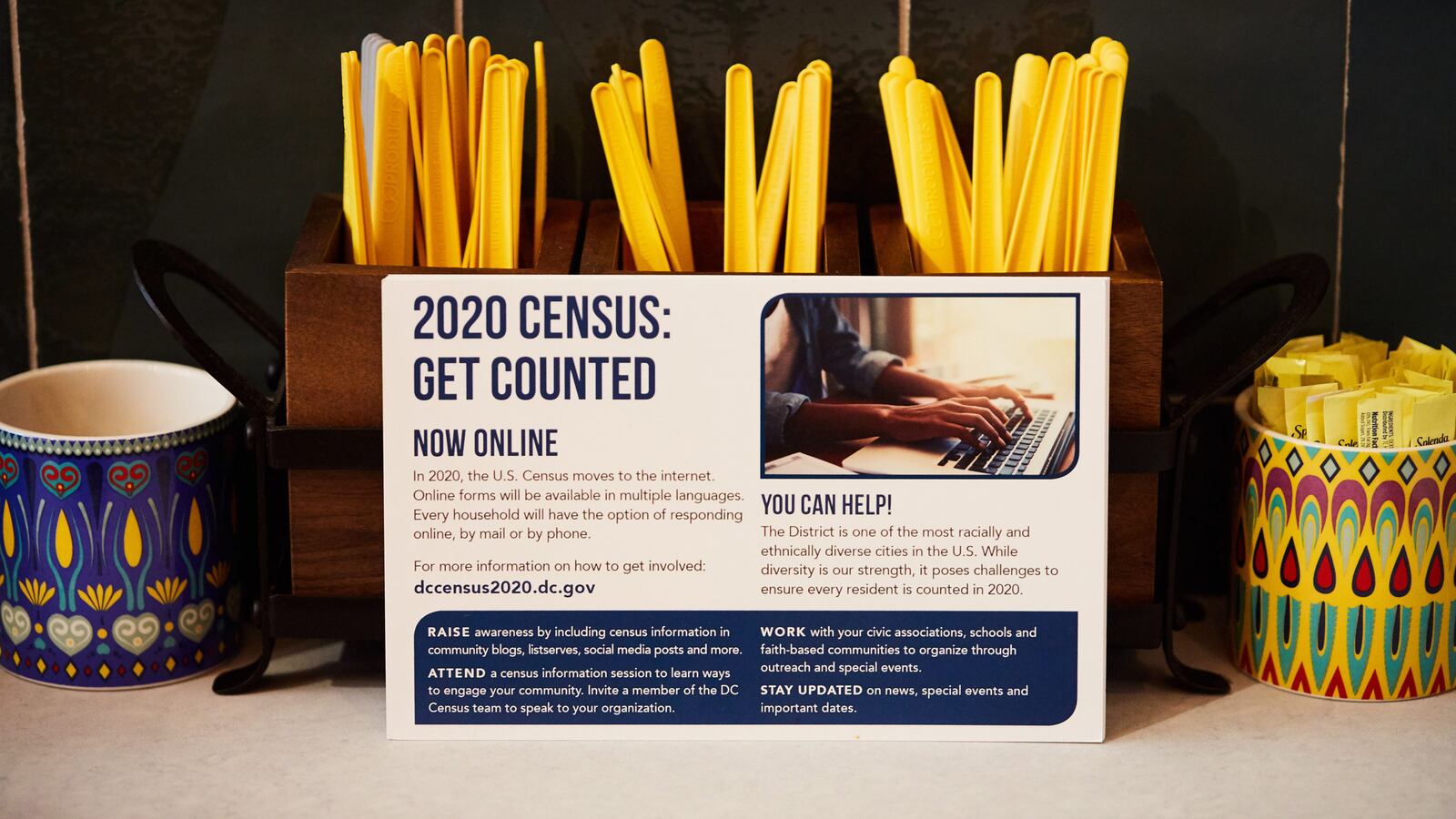The decennial census is coming up, and Newark is working to get parents to respond, to make sure everyone is counted.
The census count affects the amount of federal funding that communities receive for programs and services that are critical to students and schools. Census results also affect Newark school district’s funding. When more Newarkers are counted, more money goes to local schools and students.
The results of the census, which attempts to count every person in the country, could dramatically affect school programs like Head Start, after-school programs, classroom technology, subsidized meals, and special education — all of which rely substantially on federal funding, which is allocated per capita.
Officials at Newark Public Schools know what’s at stake. At the latest business board meeting, the district announced that it is training parent liaisons to help parents participate in the census and is providing technology to families who might not have access to a computer to participate online. This year’s census will be the first one to be available via the internet.
Board member Reggie Bledsoe will present a resolution at Tuesday’s board meeting for the district to develop a plan to help enable a complete count of students and their families living in the district. The resolution directs schools to incorporate lessons and activities on the importance of the census into the curriculum of all grade levels.
“Everyone must be counted,” board member Yambeli Gomez said.
Starting in March, Newarkers will receive an invitation via mail to participate in the census online or over the phone. Both versions will be available in English and 12 other languages. The Census Bureau will send paper forms to those who don’t respond online or by phone by early April, and if no response is received, will then send surveyors to residences.
Officials say that children are likely to be missed in the count if they live in complex households, homes that might house an extended family member or non-family members. Additionally, critics say, it’s likely that immigrants in Newark were undercounted in the 2010 census. Many, out of fear of deportation, didn’t participate.
Immigrants remain reluctant to participate in the census, according to Advocates for Children of New Jersey census outreach associate Miguelina Maldonado.
“If the parents are non-English speakers, it’s hard to count those populations,” Maldonado said. “They don’t speak English, and they sometimes distrust the government or fear the government.”
Just over half of Newarkers sent in their census forms in 2010, and according to Maldonado, an estimated 27,000 New Jersey children were not counted that year.
Bledsoe said the district has been training parent liaisons in recent weeks. In addition, the district is inviting parents to information sessions, the first one coming up Wednesday.
“Newark has been historically undercounted,” he said. “We’re taking an active role because it’s important that every person counts in this city.”

